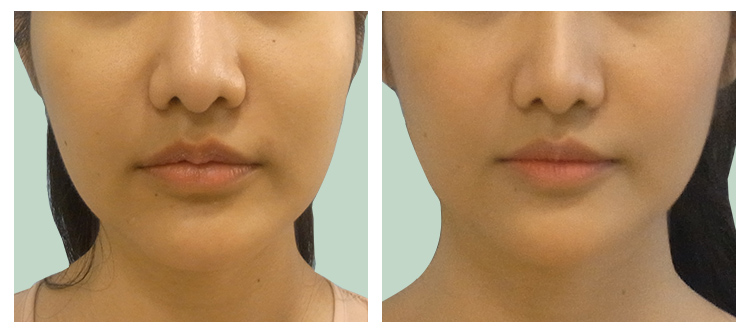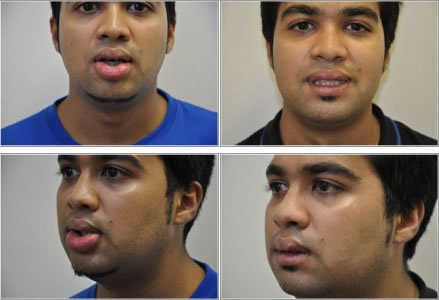Larger-than-average lips may appear out of proportion with other facial features and can interfere with eating, drinking and speaking. If you feel that your lips are too large, lip reduction surgery is worth considering.
Are You a Lip Reduction candidate?
The best way to determine whether you are a candidate for lip reduction surgery is to talk to a surgeon. Be sure to choose a surgeon who has experience performing various lip surgeries, including lip reduction and lip augmentation with implants or hyaluronic acid-based soft tissue fillers. The surgeon will examine your lips, take a full medical history, listen to your concerns and assess your expectations.

Your surgeon will decide whether lip reduction is right for you. He or she will discuss the details of the surgery including costs risks and recovery information. Inform the doctors if you take any medications, including nutritional supplements, as these can interfere with your healing and surgical results.
Lip Reduction Procedure
Lip reduction surgery is typically performed using local or regional anesthesia although oral sedation is sometimes used. The procedure may be performed in your surgeon’s office, a freestanding surgical center or a hospital.
When performing lip reduction surgery, the surgeon first makes an incision along the length of your lip, usually on the inside of the mouth. Next, he or she removes a strip of tissue before suturing the incision closed. This surgery can be performed on both the upper and lower lips at the same time.
Lip Reduction Recovery
Immediately following your lip reduction, your lips may feel sore and tight. During the next few days, you may feel some mild to moderate pain. Your surgeon can prescribe painkillers to help with this discomfort. The surgeon will also give you instructions regarding what pain medications are OK to take following surgery. Swelling and bruising are also to be expected after lip reduction surgery.

Because the incisions are placed inside the mouth, eating may be challenging at first. Avoid foods with a high acid content, such as oranges and tomatoes as they may irritate your wounds. Soft, pureed foods may be best immediately following your lip reduction surgery. Your surgeon may ask you to rinse with an antiseptic mouthwash throughout the day to help prevent infection. Excessive pain, redness or pus around the incision sites may be signs of infection.
Risks of Lip Reduction Surgery
Although it is considered safe, lip reduction does boast certain risks. General surgery risks include anesthesia complications, bleeding ad infection. Additional lip reduction risks include:
- Asymmetry
- Numbness
- Lumps and excess scar tissue in lips
- Dissatisfaction with the cosmetic results
Dr. Ashok Pandey from Bombay Cosmetic Clinic is a celebrated and revered personality in the field of cosmetic surgery. Currently conducting his cosmetic and aesthetic surgery practice in Navi Mumbai, he is associated with number of leading hospitals across the city where he regularly imparts his services to the needy.
Such is his expertise in his field of knowledge that he has successfully conducted more than thousand cosmetic practicing in South Mumbai and Navi Mumbai and plastic surgeries in his career so far.
For consultation call – 099307 31109 / 022 27801101
